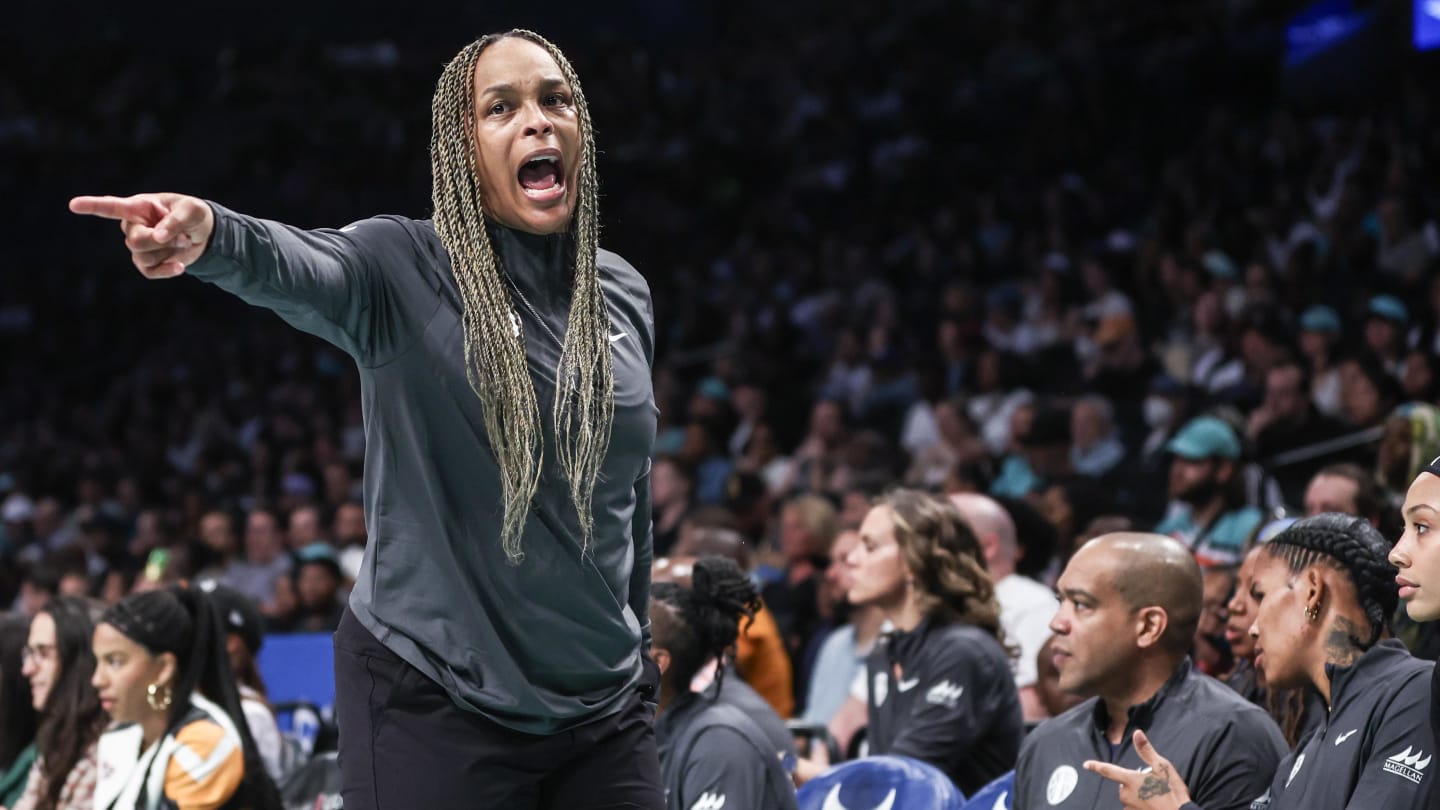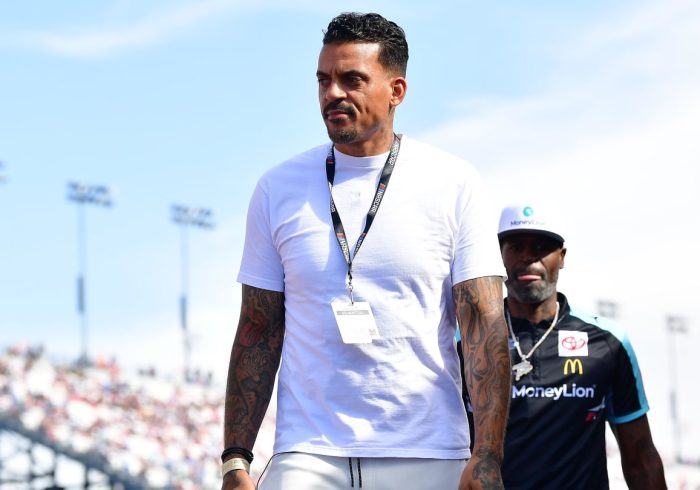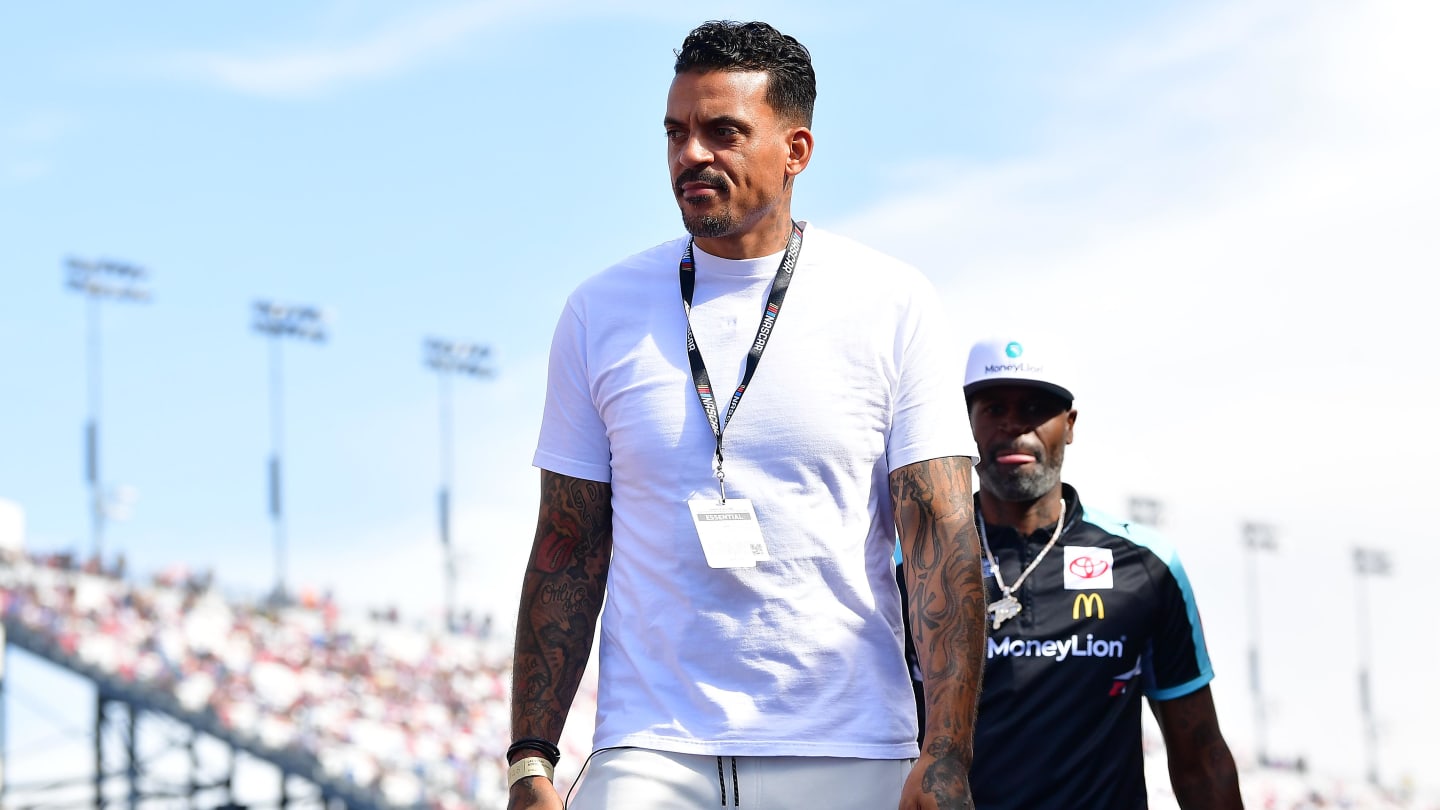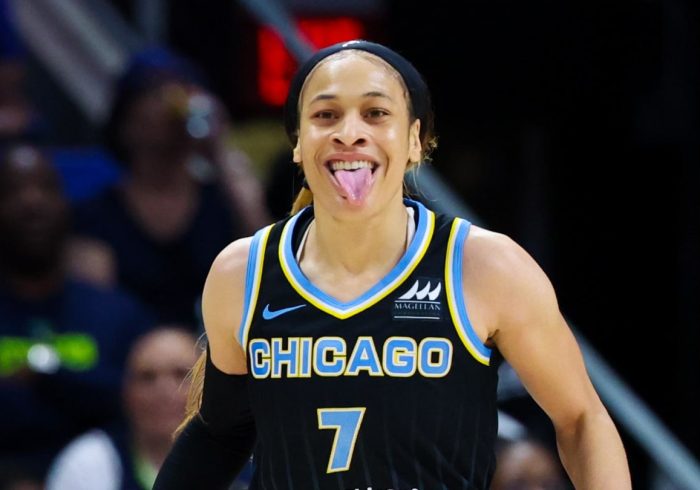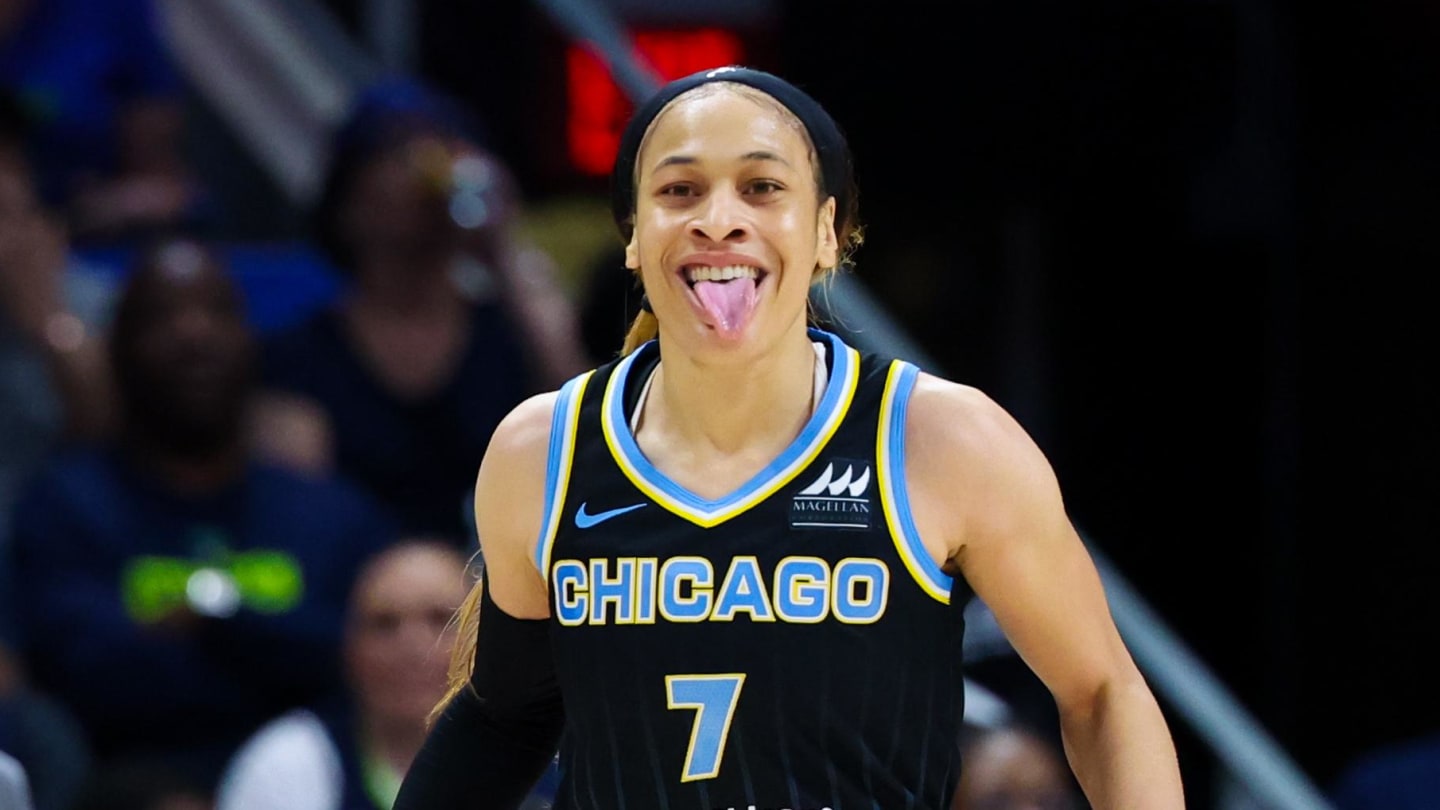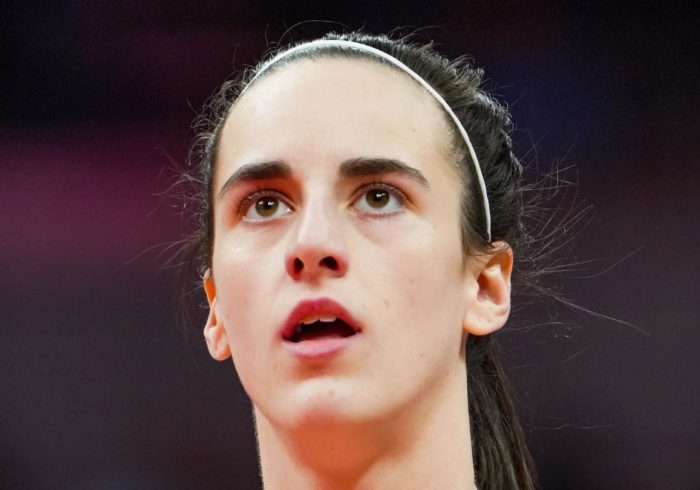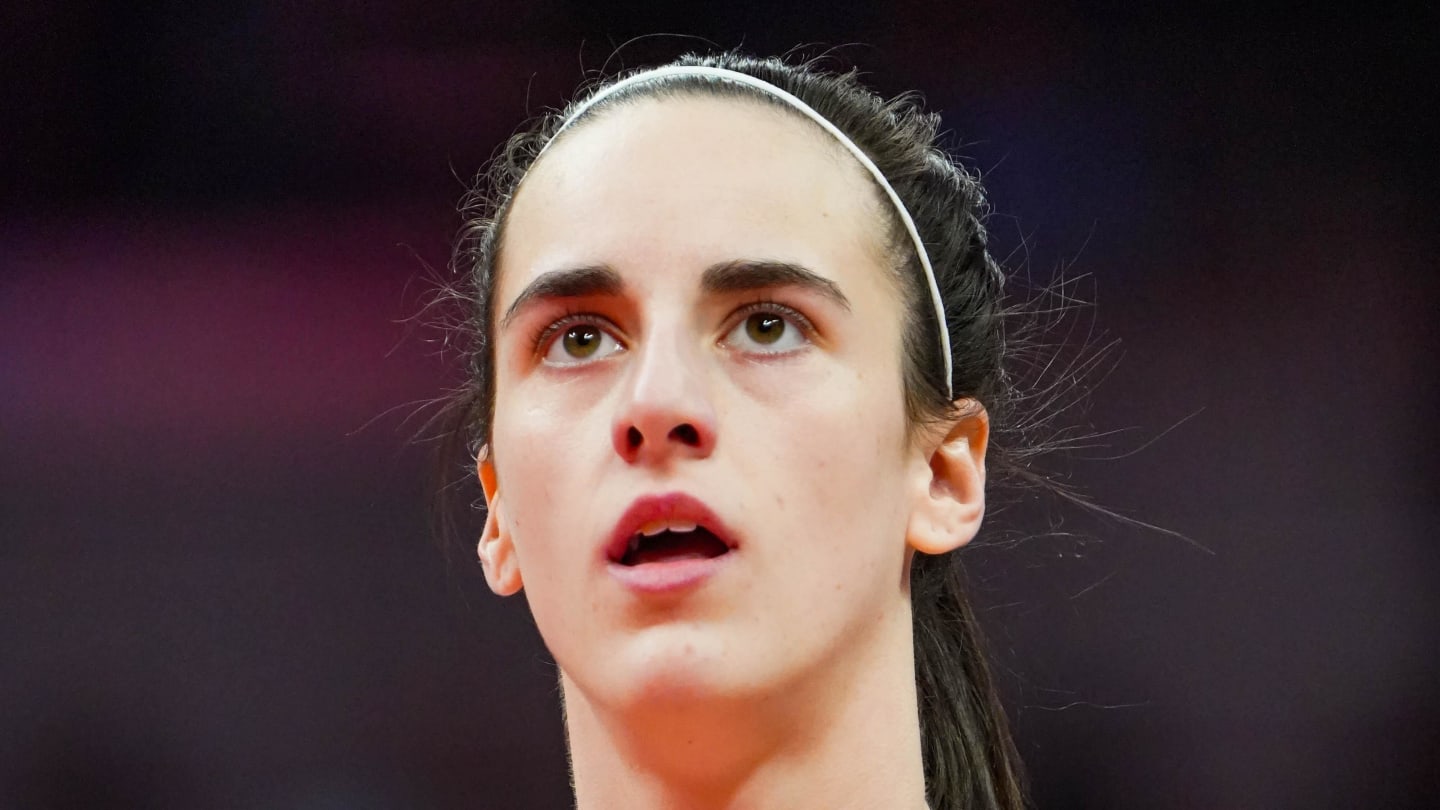Chicago Sky coach Teresa Weatherspoon weighed in on the Chennedy Carter-Caitlin Clark controversy in an official statement released by the team on Monday.
Two days after the Indiana Fever’s 71-70 win over the Sky, Weatherspoon wrote, “Physical play, intensity, and a competitive spirit are hallmarks of Chicago Sky basketball. Chennedy got caught up in the heat of the moment in an effort to win the game. She and I have discussed what happened and that it was not appropriate, nor is it what we do or who we are.”
The Sky coach continued, “Chennedy understands that there are better ways to handle situations on the court, and she will learn from this, as we all will. As a team, we will grow together and continue to work hard to display strong leadership and set a positive example for our competitors, fans, and partners.”
In the call heard ‘round the WNBA, Carter shoulder-checked Clark in the third quarter of Saturday’s matchup and was assessed a common foul that was retroactively changed to a Flagrant 1 upon further review.
Carter refused to answer questions about Clark or the dust-up after the game. The Sky guard did, however, make some noise on social media chirping at Clark’s talent and impact in the league. Carter, the No. 4 pick in the 2020 draft, scored a team-high 19 points in the Sky’s loss.
Though Carter avoided discipline from the league for her flagrant foul on Clark, the WNBA fined Angel Reese for failing to make herself available to the media after the game and fined the Sky organization for not upholding media policies.
